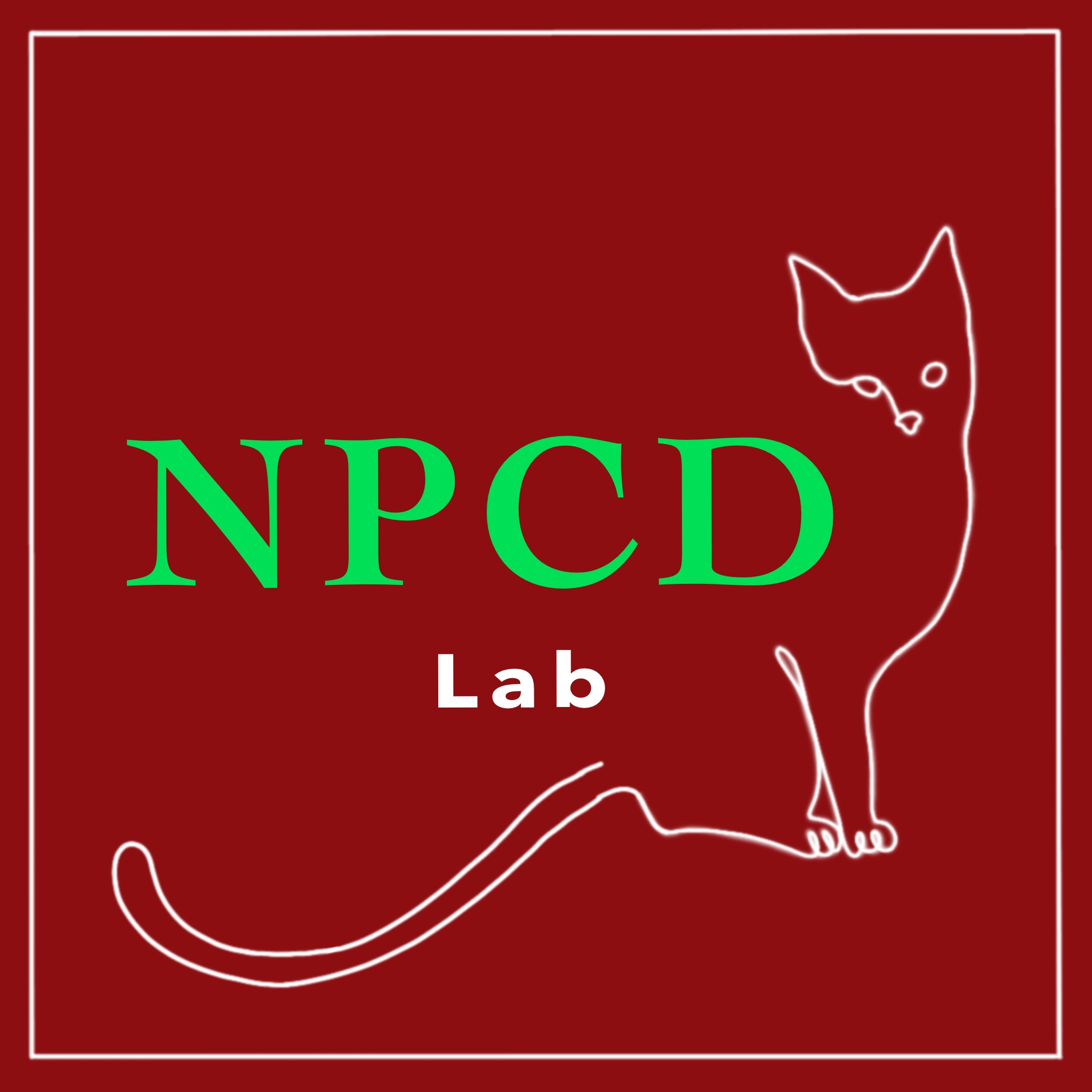The NPCD-CAT Lab resides in the Graduate School of Education (GSE) at Rutgers University. There are currently four active members in the lab, working on various projects. Our mission is to develop the theoretical foundations of efficient and easy-to-use assessment tools that help improve the quality and effectiveness of instruction in classrooms. The research recently supported by the NSF CAREER grant focuses on the development of nonparametric methods for cognitive diagnosis and the nonparametric CD-CAT algorithms, with the goal to implement these cutting-edge innovations in cognitive diagnosis to classrooms. The details of the major projects can be found in Research & Projects.
However, any CAT system must prove itself vis-a-vis the challenges of real-world applications. Hence, the research team also developed the web app Computerized Adaptive Testing and Learning for Cognitive Diagnosis (CATL-CD) based on the nonparametric CD-CAT algorithms. The CATL-CD web app has been tested, enhanced, and implemented to Dr. Chiu’s online Statistics course to provide individualized learning packages and feedback for students.
The research associated with the NPCD-CAT has been disseminated through training sessions (e.g., 2019 NCME), publications, and presentations. The recent presentations are posted below.
